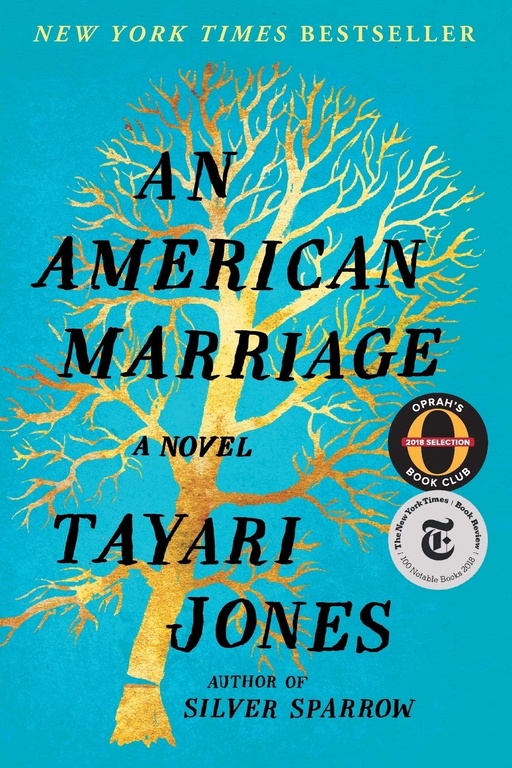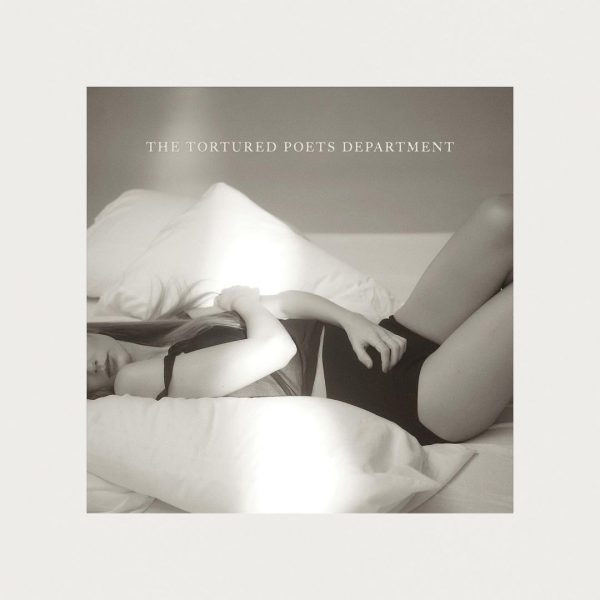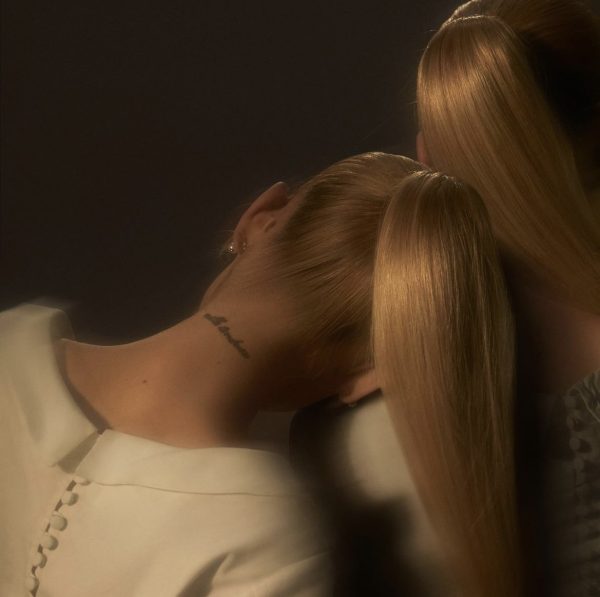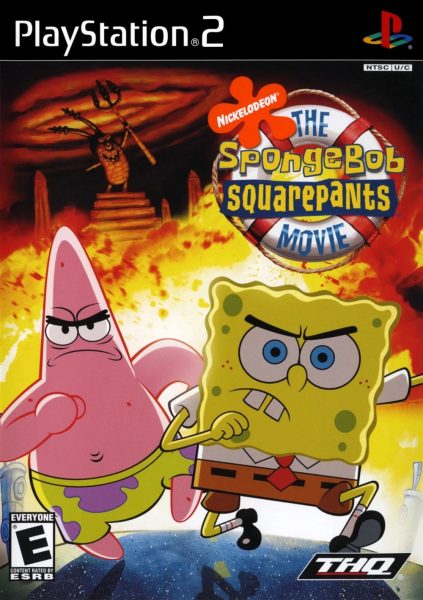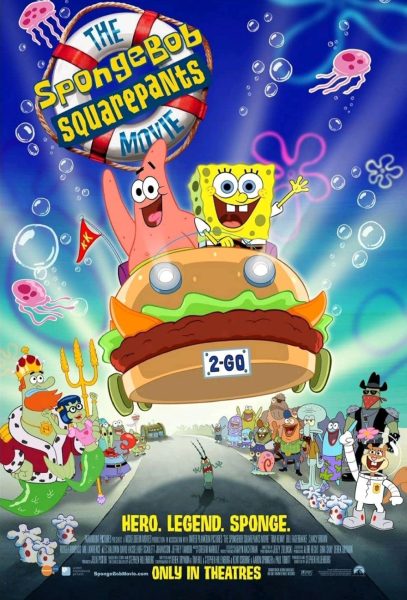“An American Marriage:” A Black love story challenged by injustice
Cover art courtesy of Jaya Mieli
“An American Marriage” takes a look at what life is like for the wrongly incarcerated and how black romance is influenced by black culture.
February 16, 2022
Every so often, readers come across stories that not only share with them completely new concepts but also challenge their ways of thinking. “An American Marriage” is one of these novels for me.
Written by Tayari Jones, the novel introduces us to a husband and wife, Roy and Celestial, a Black couple whose marriage is barely a year old. Their relationship is blossoming as they navigate in-laws, career aspirations and struggle to be transparent with one another. Despite the rocky patches in their relationship, their future together looks promising.
That all falls apart during a stay at a motel for their anniversary where Roy meets a woman at an ice machine. While Roy is sleeping peacefully next to his wife, they are both abruptly dragged out of bed by authorities onto the pavement outside. Roy learns the stranger he encountered has accused him of rape, and despite a lack of evidence and strong alibi, Roy is swiftly sentenced to twelve years of imprisonment.
Over the next several years, Roy and Celestial attempt to navigate their relationship while Roy is behind bars. With the growing tension between themselves and the different paths their lives are taking, they struggle to make their relationship survive. What ensues is a heart wrenching tale of what it means to be incarcerated in America and an exploration of the nuances in Black culture and lifestyle told through Roy and Celestial’s individual stories.
I don’t live under a rock. I am fully aware that the prison and justice system in the United States is in desperate need of reform due to thousands of people, especially Black Americans, falling victim to wrongful imprisonment. However, there is a difference between hearing these facts from an informational standpoint and hearing personal stories from people who have lived through it.
I am not Black, and I certainly do not claim to be educated on what it means to be Black because of this book, or what it is like to be falsely accused or imprisoned. I likely will never understand what that is like, but by reading stories from unfamiliar narratives, ones that are raw, honest and deeply intimate, I hope to broaden my understanding of the world and times we live in and become a better ally.
It’s important to note that all that I’ve learned and read is only one person’s story. The sentiments I’ve picked up from this story may not be shared by everyone, but in my opinion, it’s important to hear as many perspectives as possible. To be completely transparent, some elements of this book were challenging to read, but that’s the beauty of literature. It removes you from your own limited perspective and the comfort of your own life and experiences and walks you carefully, but blatantly, through another.
If there was ever a modern contemporary book that could be labeled “food for thought,” this is it. Not only because of the plot itself, but the beautiful way in which Tayari Jones tells it creates such a rich, thought-provoking tale.
Jones certainly has an affinity for tugging at readers’ heartstrings. Jones already packed in so much sadness and devastation for the reader in part one alone. While imprisoned, Roy misses out on parts of his life that are irreplicable, the shock of which left me feeling anguished. He missed the opportunity to grow his family and support his wife as well as his last chance to say goodbye to some that he loved.
Not only is this novel a commentary on the consequences of wrongful imprisonment for both the imprisoned and their loved ones, but it also addresses the nuances in sociocultural norms for Black men, women, families and relationships in America.
Jones subtly reveals the power of intersectionality through Celestial and Roy’s experiences and outlooks on the world as a whole and what it means to be Black in America. The two have drastically different viewpoints on these concepts because of their class, education, upbringing, gender and home states. These differences cause them to struggle to see eye to eye and meet one another’s expectations as husband and wife.
The expectations for marriage and relationships within these Black families are different from the expectations I have. Jones excels at suggesting cultural and historical implications on modern Black romance that create these differences without holding the readers’ hands through extensive explanations.
The plot itself, as well as the inclusion of a third character caught in the middle of Celestial and Roy’s conflict, makes for a gripping book. I found myself feeling both sympathy and anger towards the main characters and opening my mind to standards and concepts that were unfamiliar to me. Jones begs the question: is culture or normalization a good enough reason for maintaining harmful standards?
I personally give this book a 4 out of 5 stars. It was certainly impactful, but I was constantly grappling with my feelings towards the characters, something I believe to be intentional on Jones’ part. It lacked my personal big “oomph” elements of a 5 star read but was captivating nonetheless.
I would recommend this book to anyone who is willing to challenge themselves to think critically about the world around them and listen to the voices of those victimized by the justice system.

